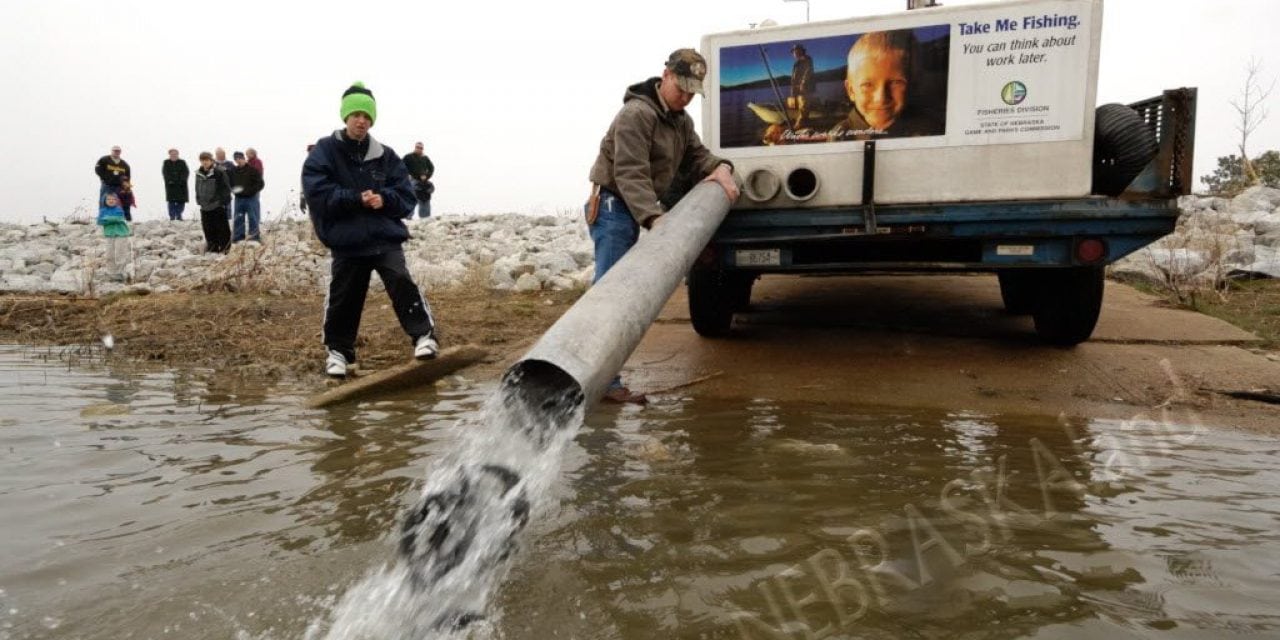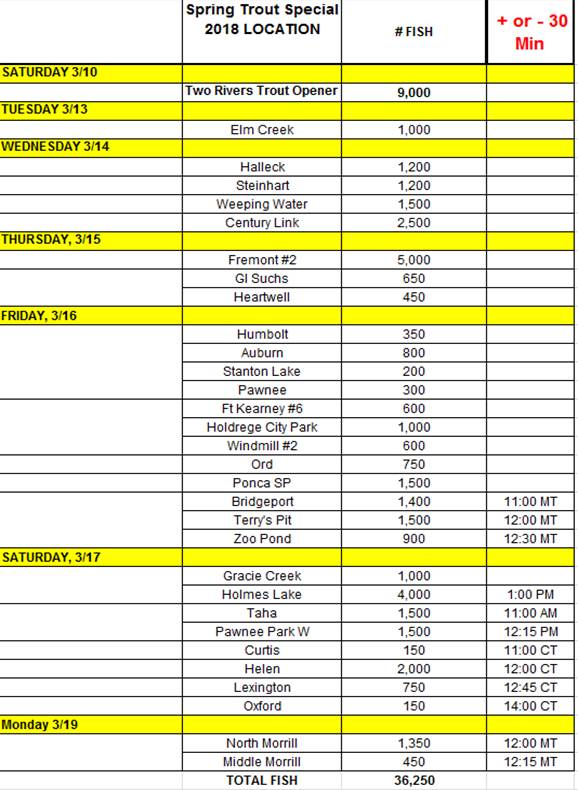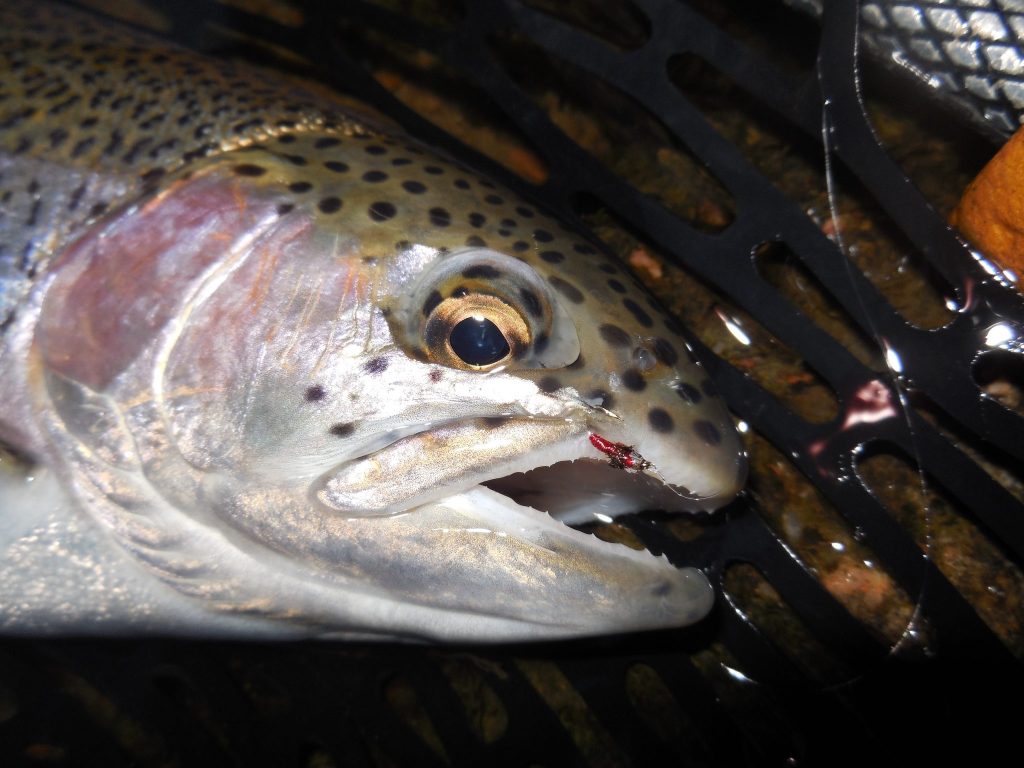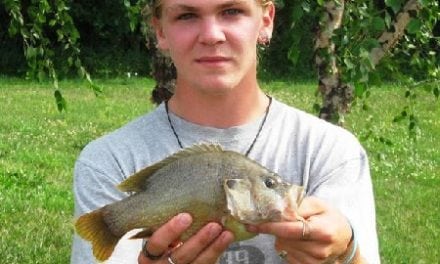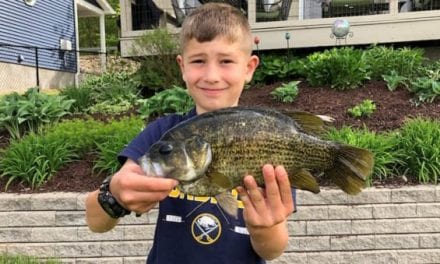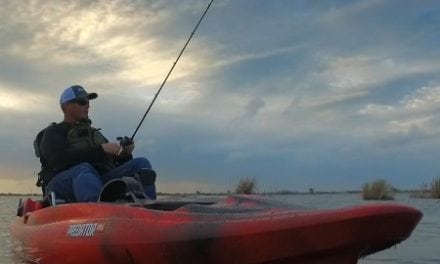Man, we had a couple of warm days this week and my phone started ringing, “when are the trout going to be stocked?” Personally, I would rather we had ice to fish for another month, but if you wanna know:
Rainbow trout stockings scheduled this spring
LINCOLN, Neb. – Catchable-size rainbow trout are being stocked in city ponds, park lakes, and other waters across the state by the Nebraska Game and Parks Commission. These stockings will enhance fishing opportunities this early spring.
Trout fishing is a great way to introduce children to fishing because simple and inexpensive equipment may be used. A spinning or spin-cast rod and reel with a hook baited with a worm will work well. Add a split shot a couple of feet above the hook and a bobber a couple of feet above the split shot. Trout also can be caught with spinners, salmon eggs, dough baits and artificial flies.
The stocked trout are approximately 10 inches in length. The following is a tentative stocking schedule, including quantities:
The Trout Lake (Lake No. 5) at Two Rivers State Recreation Area (SRA) near Waterloo will open for fishing March 10. It will have been stocked with 9,000 rainbow trout. All trout caught in the lake must be harvested and not released. Call the park at 402-359-5165 for more information. A park entry permit is required.
Other scheduled stockings are:
March 13 – Elm Creek, Webster County, 1,000 trout
March 14 – Lake Halleck, Papillion, 1,200; Steinhart Park East Pond, Nebraska City, 1,200; Weeping Water Pond, 1,500; CenturyLink Lake, Eugene T. Mahoney State Park (SP), 2,500
March 15 – Fremont No. 2, Fremont State Lakes State Recreation Area (SRA), 5,000; Such’s Lake, Grand Island, 650; Heartwell Park Lake, Hastings, 450
March 16 – Humboldt City Park Lake, 350; Auburn Rotary Club Lake, 800; Stanton Lake, Falls City, 200; Pawnee City Pond, 300; Fort Kearny SRA No. 6, Kearney, 600; Holdrege City Lake, 1,000; Windmill SRA No. 2, Gibbon, 600; Auble Pond, Ord, 750; Ponca SP Pond, Ponca, 1,500
March 17 – Gracie Creek Pond, Calamus Reservoir, Burwell, 1,000
In addition, stocking trucks are scheduled to release trout at the following locations and times. The schedule is tentative and can change for various reasons.
March 16 – Northwest lake, Bridgeport SRA, Bridgeport, 1,400, 11 a.m.; Terry’s Pit, Terrytown, 1,500, noon; Riverside Discovery Center Pond, Scottsbluff, 900, 12:30 p.m.
March 17 – Holmes Lake, Lincoln, 4,000, 1 p.m.; TaHaZouka Park Lake, Norfolk, 1,500, 11 a.m.; Pawnee Park West Lake, Columbus, 1,500, 12:15 p.m.; Curtis Golf Course Pond, 150, 11 a.m.; Lake Helen, Gothenburg, 2,000, noon; Lexington City Lake, 750, 12:45 p.m.; Oxford City Lake, 150, 2 p.m.
March 19 – North Morrill Sandpit, 1,350, noon; Middle Morrill Sandpit, 450, 12:15 p.m.
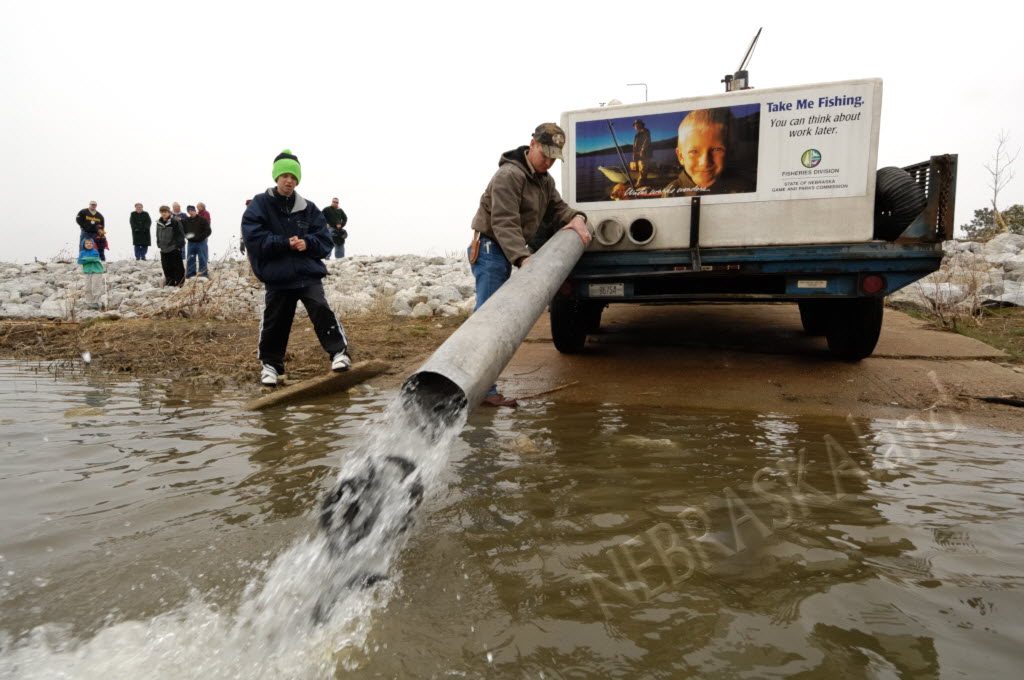
Let me include the same information in this table, it is “rougher”, but may be easier to read:
If you plan to show up at one of the stocking locations where we have listed specific times, just know that those times are our best estimates. There are a lot of logistics involved in stocking these trout around the state and a break down, flat tire, bad weather, or other unforeseen event could mean that the truck will not be there right at the scheduled time.
I often include some other “messages” when we do the put & take trout stockings, so if you have read my blog for awhile you have already seen these. If not, keep reading!
How to Catch Them
Keep in mind that the catchable-size rainbows that are being stocked have lived their entire lives in a fish hatchery. They are used to swimming around in a raceway or pond and having artificial feed dropped on top of them. These fish are not rocket-surgeons or brain scientists. I have seen them start biting as soon as they come off the hatchery truck, in fact I have seen them suck #12 Marlboro Butts off the surface as soon as they came off the hatchery truck. But usually they will bite better after they have had a day or two to acclimate to their new environment. Once they are stocked, they often cruise the shoreline or a drop-off like they would in a hatchery pond or raceway. Corners or points will tend to concentrate cruising fish; you will often find fish in the vicinity of the stocking location too. Trout have an excellent sense of smell and will sample a variety of baits as they try to figure out what is food and what is not. Nightcrawlers will work as well as a variety of prepared baits. For example, there are a variety of PowerBait products made just for trout, and they will catch fish, Berkley Trout Baits. Some folks like to try corn and cheese, and those will catch fish too; so will a variety of commercially-prepared salmon eggs. If you are still-fishing for the trout start fishing near the bottom, but I would recommend getting your bait up off of the bottom a few inches to make it easier for the trout to find. You can use floating jig-heads to float your baits off the bottom or consider adding a small marshmallow to your hook to float the bait off the bottom and provide even more attraction. Keep your eyes open as the trout may be cruising way off the bottom at times and you will be able to spot those fish. Suspending baits below a float (i.e. “bobber”) would be another presentation to try especially if you see fish cruising higher in the water column.
The catchable-size rainbows are also curious especially as they are sampling new baits and learning what to eat. Besides appealing to their senses of smell and taste, use some color to attract their attention. A good way to cover some water and find fish would be to throw some small spinners, spoons, or crankbaits that give off some flash. Even though the put-and-take rainbows have been raised on artificial feed, fly-anglers can get them to bite too. Initially some wet flies or nymph patterns that just look “buggy” or have some bright attractive colors will get some curious fish to bite. Later on, after the trout have acclimated to their new environment, they will begin to feed on aquatic insects and other prey items found in the waters in which they were stocked and fly anglers should try to imitate those natural food items. Keep your eyes open on warm afternoons as those rainbows will take advantage of insect hatches that occur (likely some type of midge).
What To Do With Them
My favorite way to prepare trout would be smoking. Know what the hardest part is about smoking a fish? Getting them lit!
Sorry.
Seriously, when I want to smoke a trout or three, the only cleaning I do is field-dressing, yep, I leave the head on, remove the entrails. Then I will brine the fish over night. Don’t have no brine recipe, so I am not going to give it to you. I mix a lot of brown sugar into some water, about as much as you can get to dissolve, then add some salt, some lemon juice and garlic. I do all of that by taste, so do not ask me measurements–I do not know. When it tastes right, I know, you will too.
After brining, rinse and put on the smoker. I like cherry wood, but use your favorite. Fish do not take long to smoke. When they are done, peel the skin back, take a fork and flake out some meat. Enjoy!
Another way to fix those put-and-take trout, again keeping it simple, field-dress, put some butter, lemon and rosemary inside the body cavity, wrap the fish in foil and put it on the grill!
Don’t you dare fill the freezer
Again let me finish by reminding you that we stock the catchable-size rainbow trout in urban and parks waters across the state NOT so folks can load their freezers with eating-size trout. We stock those fish where they are easily accessible to a bunch of youngsters and beginning anglers. The weather is nice, it is time to grab the kids and GO FISH!
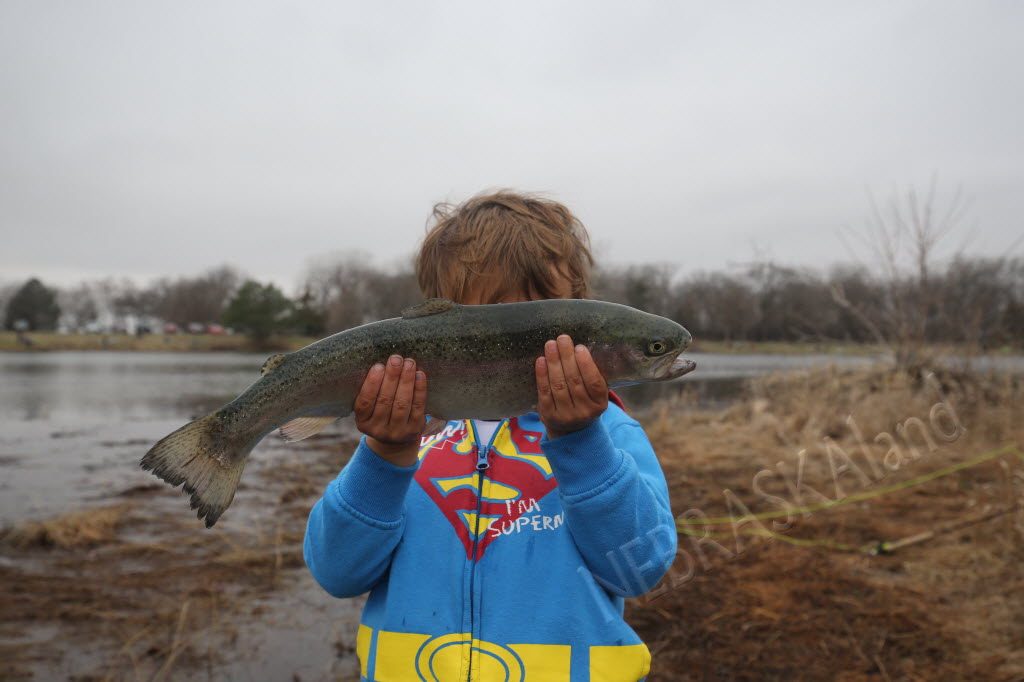
The post Spring Trout Stocking, 2018 appeared first on NEBRASKALand Magazine.

